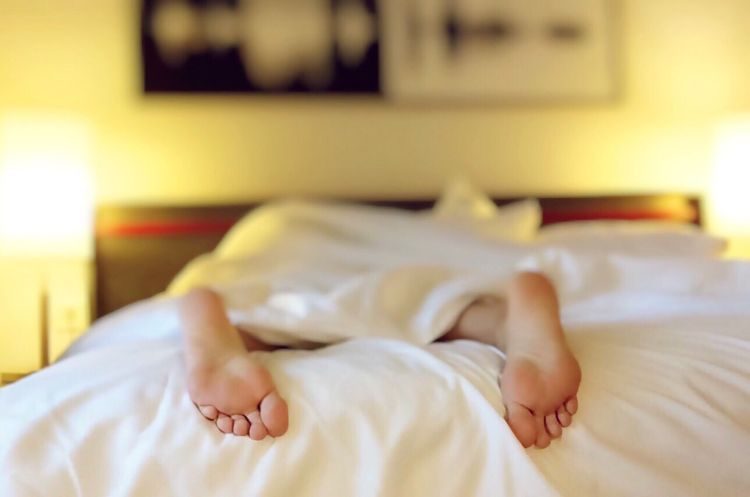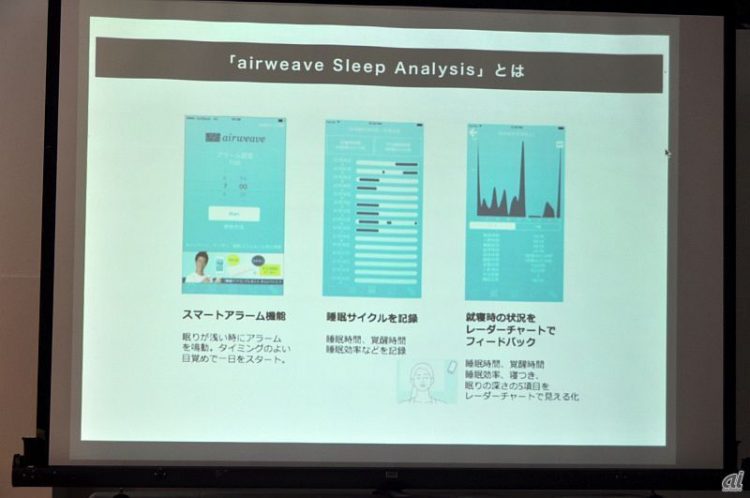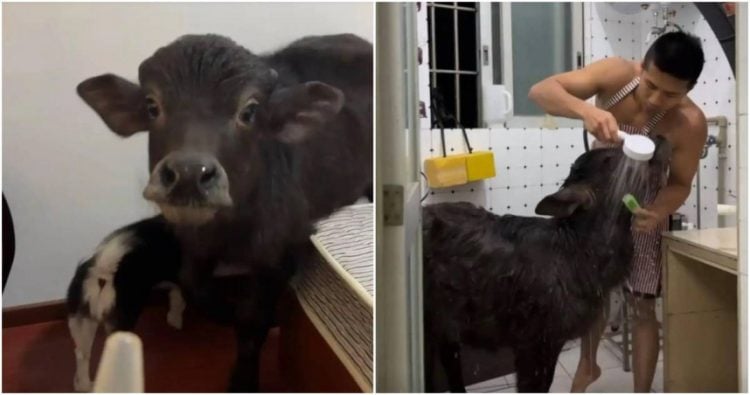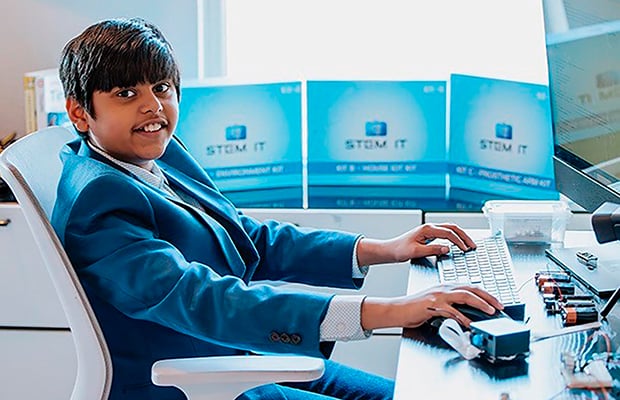Japan has some of the world’s longest working hours, but some companies are starting to realize that their workers also need to sleep in order to be productive. One such company is actually encouraging employees to sleep more by rewarding them with points that can be spent at cafes and cafeterias.
CRAZY, a Tokyo-based wedding planning company, recently announced the implementation of a “sleep remuneration system” to encourage its workforce to get more sleep. It has teamed up with Airweave, a startup specializing in sleep analysis technology and will be monitoring its employees sleep patterns. Workers who install the Sleep Analysis app on their smartphones and share their data with the company are eligible to receive points according to how many hours of sleep they get ever night. CRAZY hopes that the new reward system will improve the lifestyle habits and overall health of its employees, as well as boost their productivity.

Photo: Wokandapix/Pixabay
All employees have to do is place their smartphones by their beds and start the Airweave Sleep Analysis app, and it will take care of the rest. The software can track body movements during sleep, measure sleep depth and sleep time, among other things. If they decide to share this data with their company, and manage to a minimum of 6 hours of sleep per night, for at lest five days a week, they stand to earn hundreds of points that can be converted into yen (100 points = 100 yen) at the cafeterias and cafes in the CRAZY office building.
For example, if the app shows that an employee has slept the minimum of 6 hours per night, for five nights a week, they will receive 500 points ($4.50). If they manage to do that 6 times a week, they get 600 points ($5.40), and reaching the 6-hour threshold for a full week yields 1,000 points ($9). Employees also get a bonus of 1,000 points if they share their sleep data with the company for a full month, even if their don’t meet the set sleep goals.

CRAZY had introduced the sleep remuneration system on a trial basis, but decided to implement it officially on October 10th, because the results of the test exceeded expectations. Employees taking part in the trial improved their sleep time and overall health, increased their productivity at work and displayed increased creativity, a treasured quality in the wedding planning business.
The rewards may not be that attractive, but the sleep remuneration system itself is definitely very intriguing, especially in a country like Japan where overwork and burnout are major issues.






